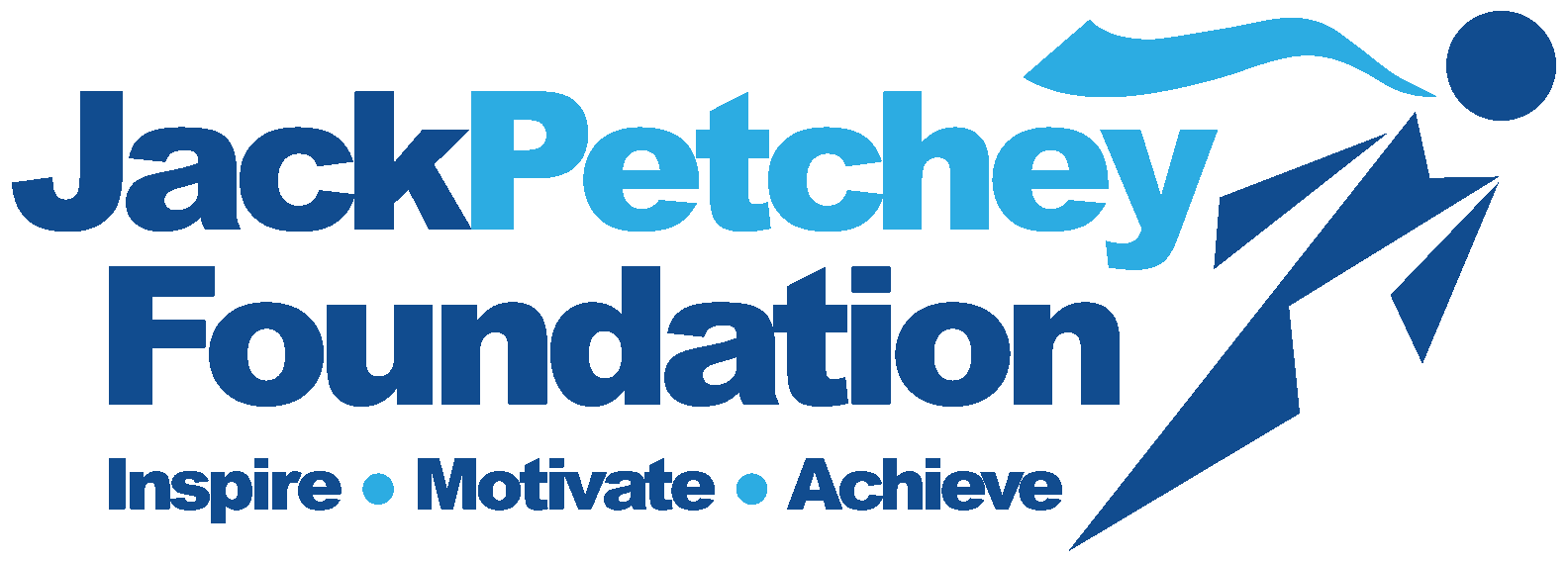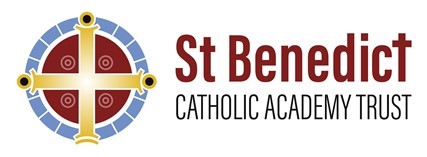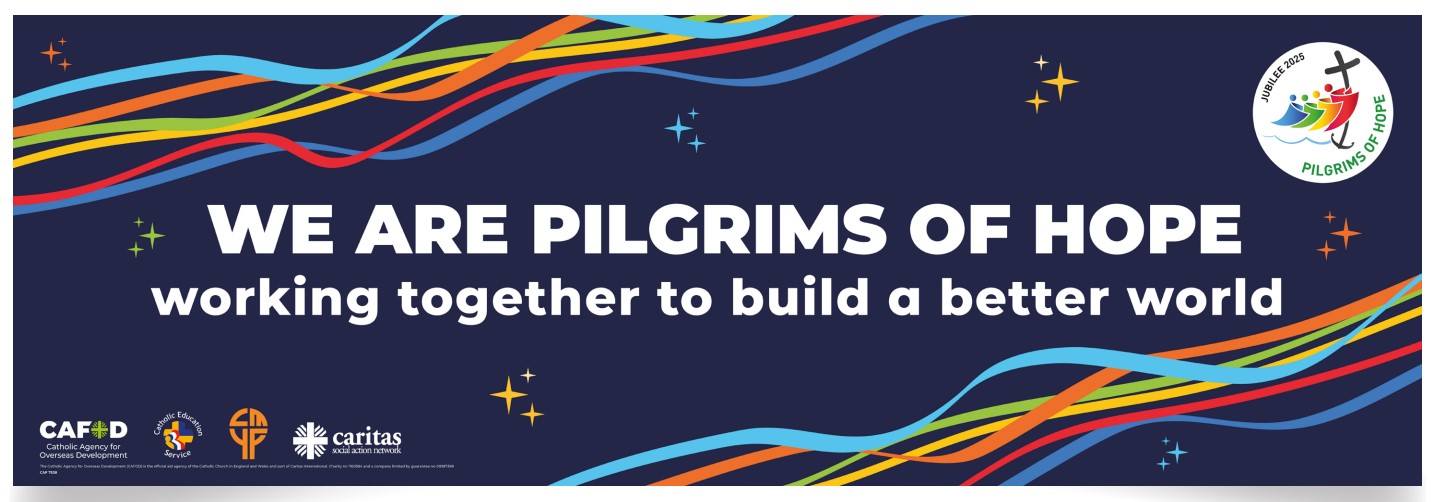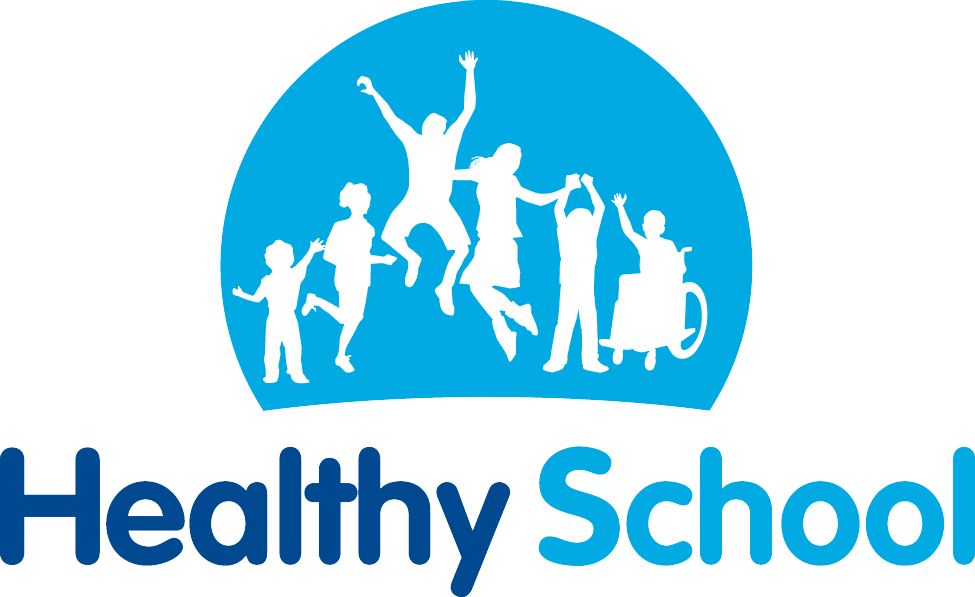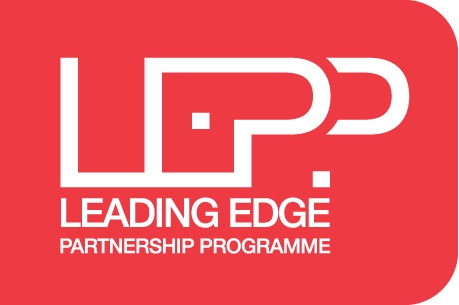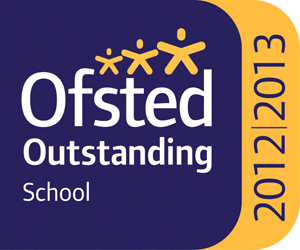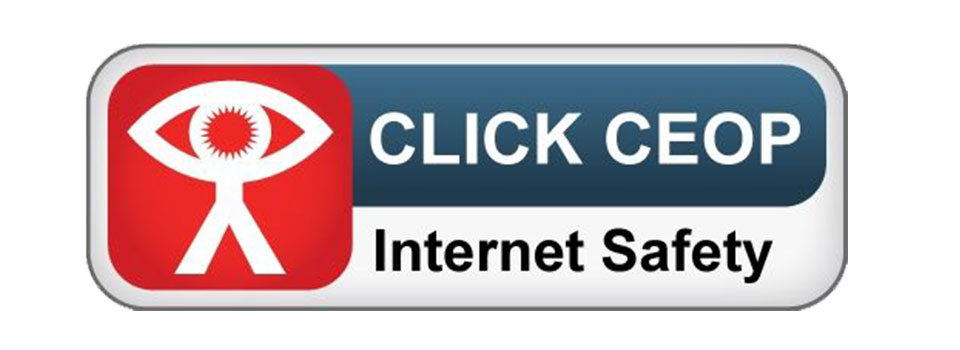Religious Education
Religious Education
Religious Education at St Michael’s Catholic College aims primarily at nurturing the faith of our students through a constant deepening of our own spirituality and an understanding and appreciation of the Catholic tradition, including various aspects of Catholic belief and practices.
Religious Education is an academic discipline which includes learning about and learning from religion as well as catechesis and evangelism. The RE department will seek to provide students with outstanding teaching and learning, where pupils look forward to their lessons and are challenged to be thoughtful, reflective and creative. Furthermore, in a Catholic College like St Michael’s, RE provides a unique opportunity to model, promote and live out the Catholic ethos of the college by encouraging religious growth and development.
In addition to Religion lessons we provide opportunities for pupils to participate in school Masses, liturgies, reconciliation services – where every pupil in the school is given an opportunity to talk one of our local priests and to receive the Sacrament of reconciliation and through our retreats programme based at Whitstable in Kent. In addition, we encourage them to be generous to many of our adopted charities, including Afrikids, the Southwark Pensioner’s Hamper Appeal, CAFOD and the Catholic Children’s Society.

From the programme of study from Year 7 to 13, it is expected that by Year 13 students will become confident young people who can express their own opinions while accepting and rejecting the beliefs and practices of others. We endeavour to develop and nurture students who are able to think deeply and critically about philosophical and ethical issues and make good ethical choices.
Key Stage 3 -Programme of Study
In KS3 we follow the Way, the Truth and the Life programme of study. This syllabus is based on the Religious Education Curriculum Directory for Catholic schools. It has been developed by teachers in direct response to a perceived need for a clear framework for effective, systematic and rigorous teaching and learning, at least equal to that of other curriculum areas. To this end it addresses both content and methodology.
Here is a summary of the Key stage 3 programme.
| Year 7 | Curriculum content covered |
| Term 1 | Revelation and FaithGod’s Prophecies fulfilled |
| Term 2 | SaviourThe Early Church |
| Term 3 | The SacramentsEducation of Personal Relationships; Dialogue with other faiths – Sikhism |
| Year 8 | Curriculum content covered |
| Term 1 | CreationCovenant |
| Term 2 | The EucharistThe Paschal Mystery |
| Term 3 | Human RightsDialogue with other faiths – Hinduism The Church in Britain |
| Year 9 | Curriculum content covered |
| Term 1 | The Spiritual QuestThe Gospels |
| Term 2 | Life in the Spirit (Confirmation)Vocation |
| Term 3 | Dialogue with other faiths – IslamDialogue with other faiths – Judaism (Foundation for GCSE) |
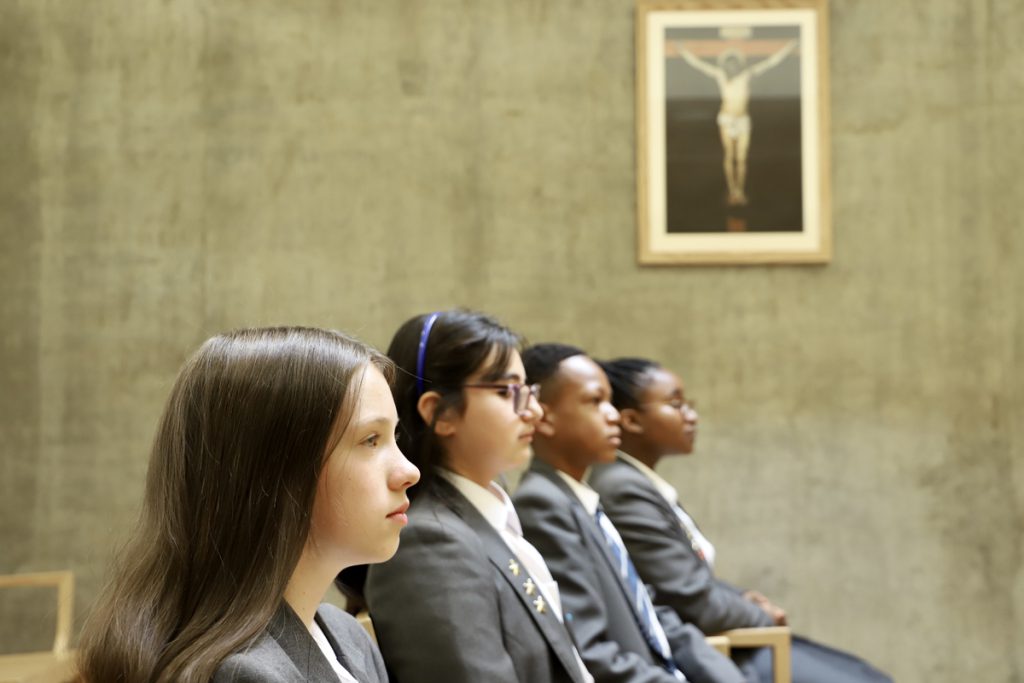
Years 10 and 11 – GCSE Programme of Study
Students are introduced to the varied nature of religion and to the ways in which this is reflected in experience, belief and practice.
We promote awareness and understanding of moral and social issues, including issues surrounding life and death, world poverty and sex education, encouraging an enquiring critical and sympathetic approach to religion.
Students are encouraged to attend the regular after school study clubs, the Saturday school sessions and there are regular revision and coursework sessions during school holidays. .
Year 10 & 11 Students have just begun to study the new reformed GCSE in Religious studies. They are follow the AQA Specification B course leading to GCSE. This course is composed of two parts:
- Catholic Christianity
- Perspectives on Faith
Here is a summary of the GCSE programme.
| Year 10 | Curriculum content covered – Catholic Christianity |
| Term 1 | Catholic Christianity -Creation Incarnation |
| Term 2 | Catholic Christianity -The Triune God, mission and prayer Redemption |
| Term 3 | Catholic Christianity -The Church and the Kingdom of God Eschatology |
| Year 11 | Curriculum content covered – Perspectives on Faith |
| Term 1 | Perspectives on FaithTheme A: Religion, relationships and families Theme B: Religion, peace and conflict |
| Term 2 | Perspectives on FaithA study of Judaism Beliefs, teachings and practices. |
| Term 3 | RevisionGCSE Examination |
This course is linear and has no coursework. There is a closed book, terminal exam taken at the end of the two year course. These courses are un-tiered so all students will sit the same exams. From 2018, students will receive numerical grades from 9-1 (not the current letter grades).
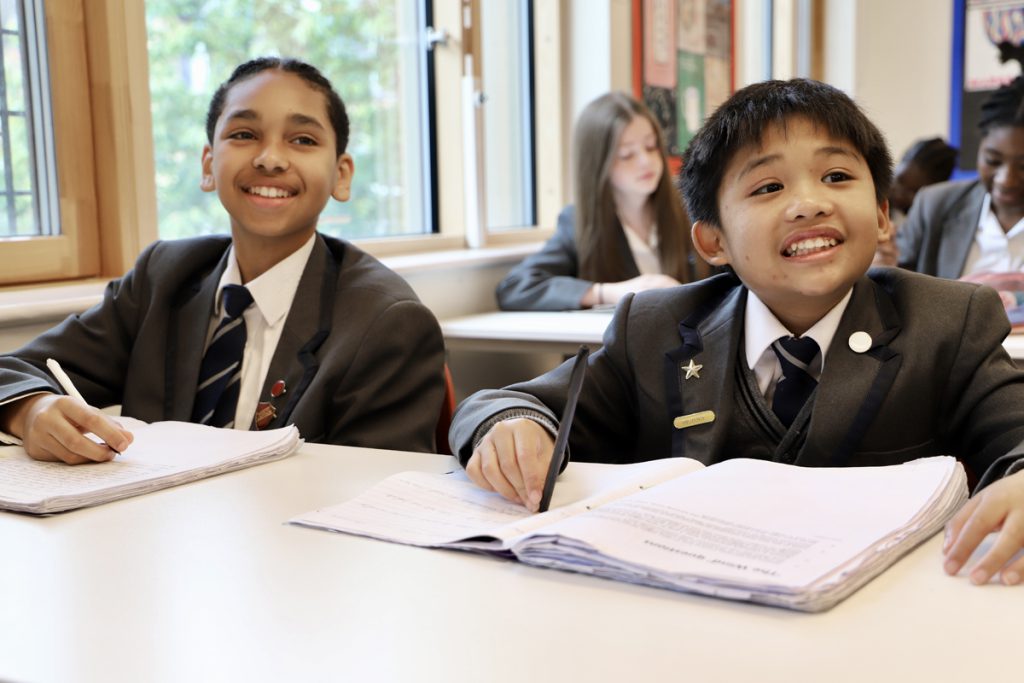
Year 12 and 13 – Programme of Study
A Level Religious Studies
The Religious Studies A level course gives you the opportunity to study some of the fundamental questions which people have always asked about:
- Why are we here?
- How should we behave?
- What happens to us when we die?
- How do religious believes explain & explore their beliefs
Religious Studies involves some major academic disciplines such as Theology, Religious ethics and Philosophy of Religion. Students are following the OCR ‘Religious Studies’ specification.
From the OCR specification:
The content has been designed to provide a coherent and thought-provoking programme of study for both teachers and learners, whilst also acting as a rigorous course of study which prepares learners for progression to Higher Education.
This qualification is designed to develop a greater understanding and appreciation of religious beliefs and teachings, as well as the disciplines of ethics and philosophy of religion. Learners will develop their skills of critical analysis in order to construct balanced, informed arguments and responses to religious, philosophical and ethical ideas.
OCR’s A Level Religious Studies course aims to engage learners thoroughly and develop an interest in Religious Studies which extends beyond the classroom and can be applied to the world around them.
Colleges and universities place great value on this Religious Studies course because it helps develop thinking and analytical skills, the ability to develop and structure an argument, textual analysis and it fosters independent thinking.
This course complements a variety of other AS & A level courses. In the past students who have studied a wide range of subjects, including English, History, Sociology, Geography, Drama, Languages, Psychology and Maths have made use of transferable skills. This course also supports those who study the sciences, particularly those who wish to follow a career in Medicine.
Exam Board
Year 12 & 13 – A-LEVEL RELIGIOUS STUDIES OCR – (H573)
What are the entry requirements?
A grade 6 in RE at GCSE level and preferably a grade 6 in English Language GCSE.
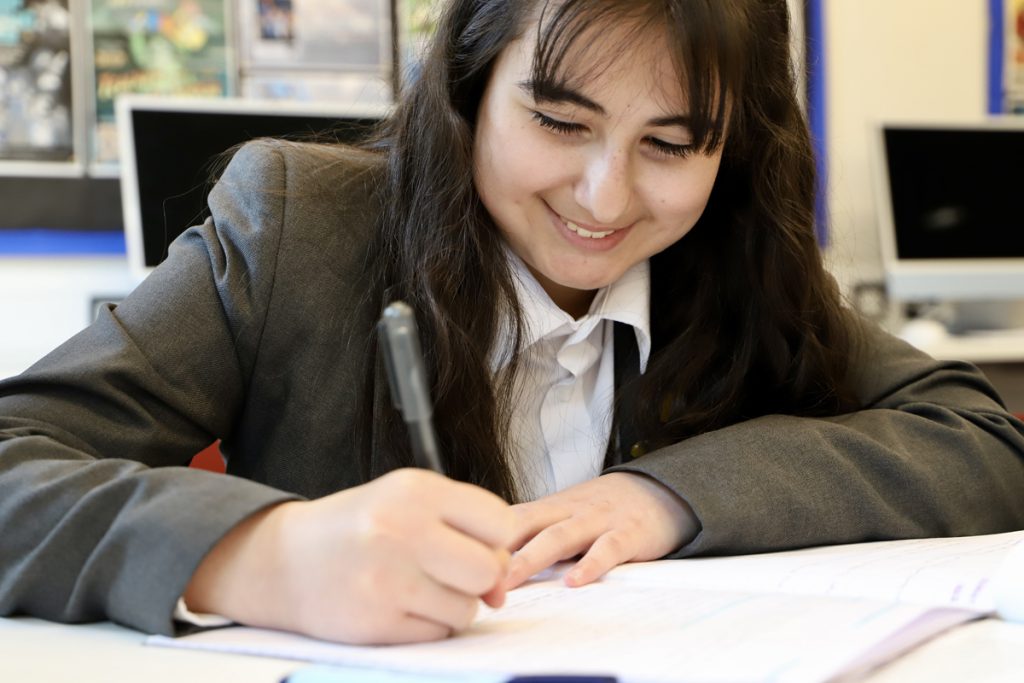
Year 12 & 13 – Core RE
We are a Catholic College and all our pupils are expected to study RE throughout their education. It provides an opportunity to continue your Religious Education and further develop your knowledge, understanding and reasoning skills.
Core RE programme of study:
Year 12
- What makes us human?
- The problem of evil.
- Relationships.
- The Church in dialogue with other faiths.
- Catholic Social Teaching.
Year 13
- Personal and social issues
- Experiments in Spirituality and prayer
- Service for others
- Contemporary theological developments
- Questions of life and death
Any requests or information regarding access to the RE Curriculum at Key Stages 3-5 should be addressed for the attention of the Principal using the contact email address at St Michael’s.



